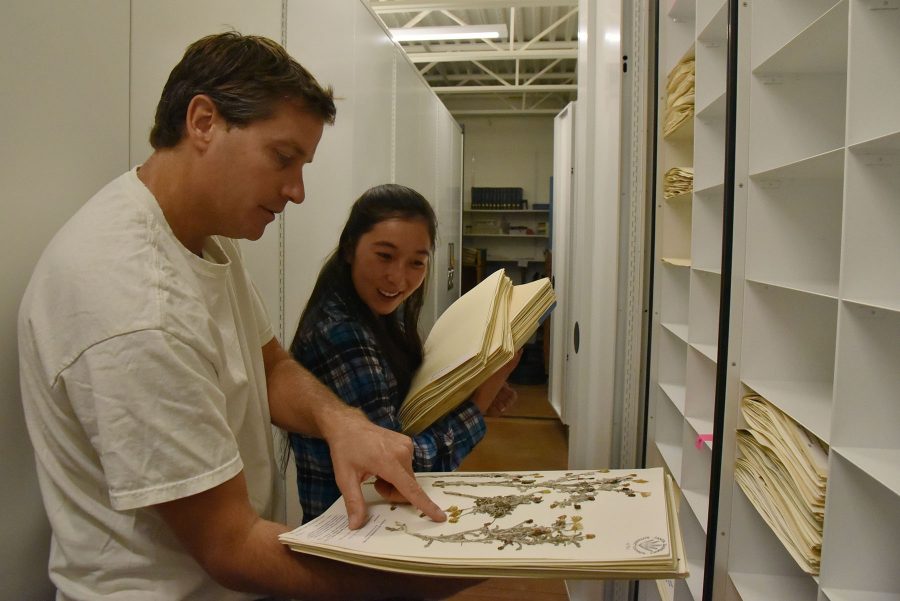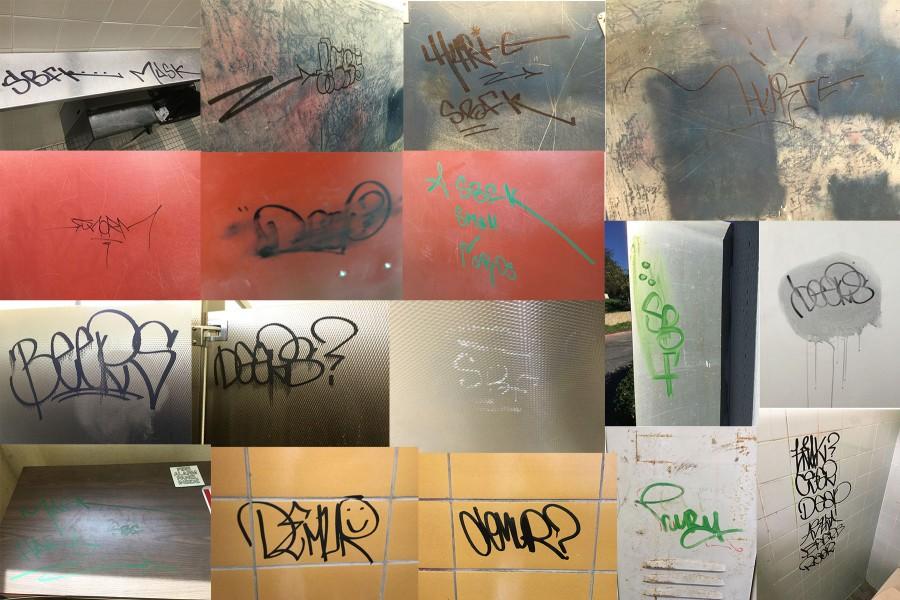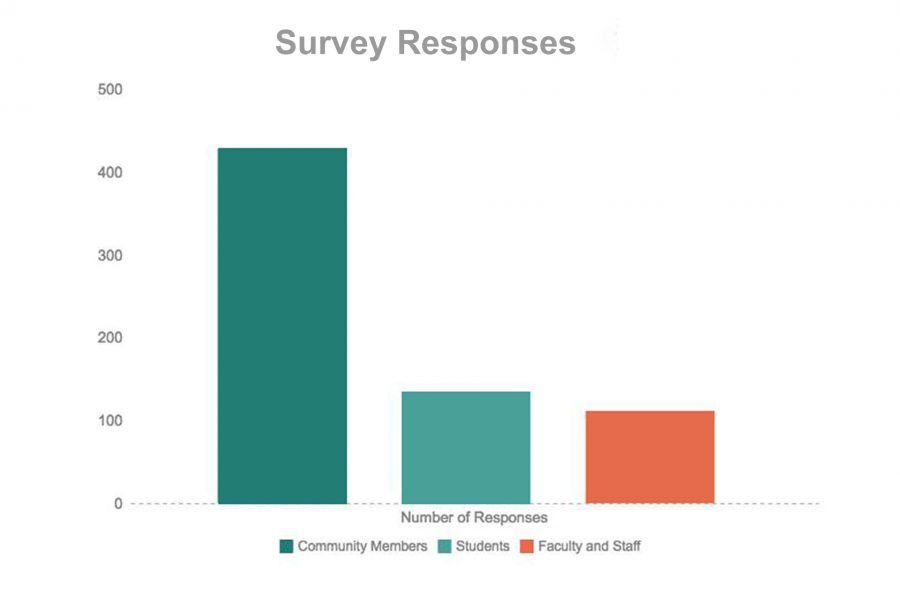Off-campus crimes may lead to suspension— if you’re an immediate threat to personnel on campus.
Students may not be conscious of contracts they agree to abide by throughout City College’s initial registration process. But now off-campus consequences may take away more than just a fun thirsty Thursday night.
“I have to judge how egregious it is and I’ll take my chances,” said Ben Partee, dean of student development. “The student has the right to appeal.”
If a student arrives with lawyers to appeal suspension or expulsion for heinous crime allegations, Partee is willing to face the fire in order to protect City College students and all else on campus. He takes proactive steps to ensure safety through taking preemptive measures.
“I think others would agree, that it is noble of him to do,” said Gracie Maynetto, Associated Student president. “The policy isn’t exactly apparent so it should be cleared up in the long run.”
Board Policy 5500 was revised and adopted June 26, 2014. The Administrative Procedures 5500 was revised and adopted Sept. 2, 2014.
The two policies compose the official standards of conduct that the college administration enforces. Erick Fricke, director of security, said he was unaware of the new revisions that had taken place.
Partee said that no student, other than Herbert Wells Jr., has ever been suspended or expelled for an off-campus crime. He states that no student will ever be stripped of their experience at City College unless they committed crimes that go beyond typical infractions.
Wells Jr. was arrested Sept. 3. He turned himself over to the Santa Barbara Police Department while accompanied by his family after detectives contacted him in relation to double rape allegations.
“I’m not going to suspend or expel a student for a minor possession or for any type of misdemeanor,” said Partee. “But if it’s a felony – something that has caused bodily harm to someone else— if they are willing to do that in our community–take my position and we don’t take action and they come to this campus and harm someone…”
The SBPD report state that these crimes took place during summer break and the first week of fall semester on Oceano Ave. It’s suspected that more victims have yet to come forward and the case is currently open.
The Police Department sends the administration letters that highlight issues involving City College students. Students are sometimes required to speak with Partee, as a part of our college’s procedures for disciplinary actions. The police decide when off-campus crimes need City College attention and it is up to the administration to decide how to deal with these situations.
Partee is aware that students will experiment— and that it may lead to bad choices given the wrong circumstances. But harm presented to those on campus is not taken lightly nor is it considered for a slap on the wrist.
“Nothing overrides the Education Code,” Partee said. “Nothing overrides our board policies. The honor code is not an approved policy. The Honor Code is letting students know our expectations as members of the community. All students must check it during registration saying they will adhere to it. It just gives students a heads up saying when you’re outside, respect the residents of our community and act civilly.”
Strong actions will be taken against crimes of these magnitudes. Students that take harmless fun a little too far and end up getting in trouble are dealt with in an entirely different manner than those who find recreation in violence and rape.
“I wouldn’t want Elliot Rodger to be allowed back on campus,” Partee said. “Say, hypothetically, if he were to be let out of prison in three or four years and he comes back…it’s just something I don’t want to do. I will take my chances if a student comes back and appeals or sues the college or me.
My job here at the college is to assure that students that come here are safe and they can get an education in a safe environment.”











